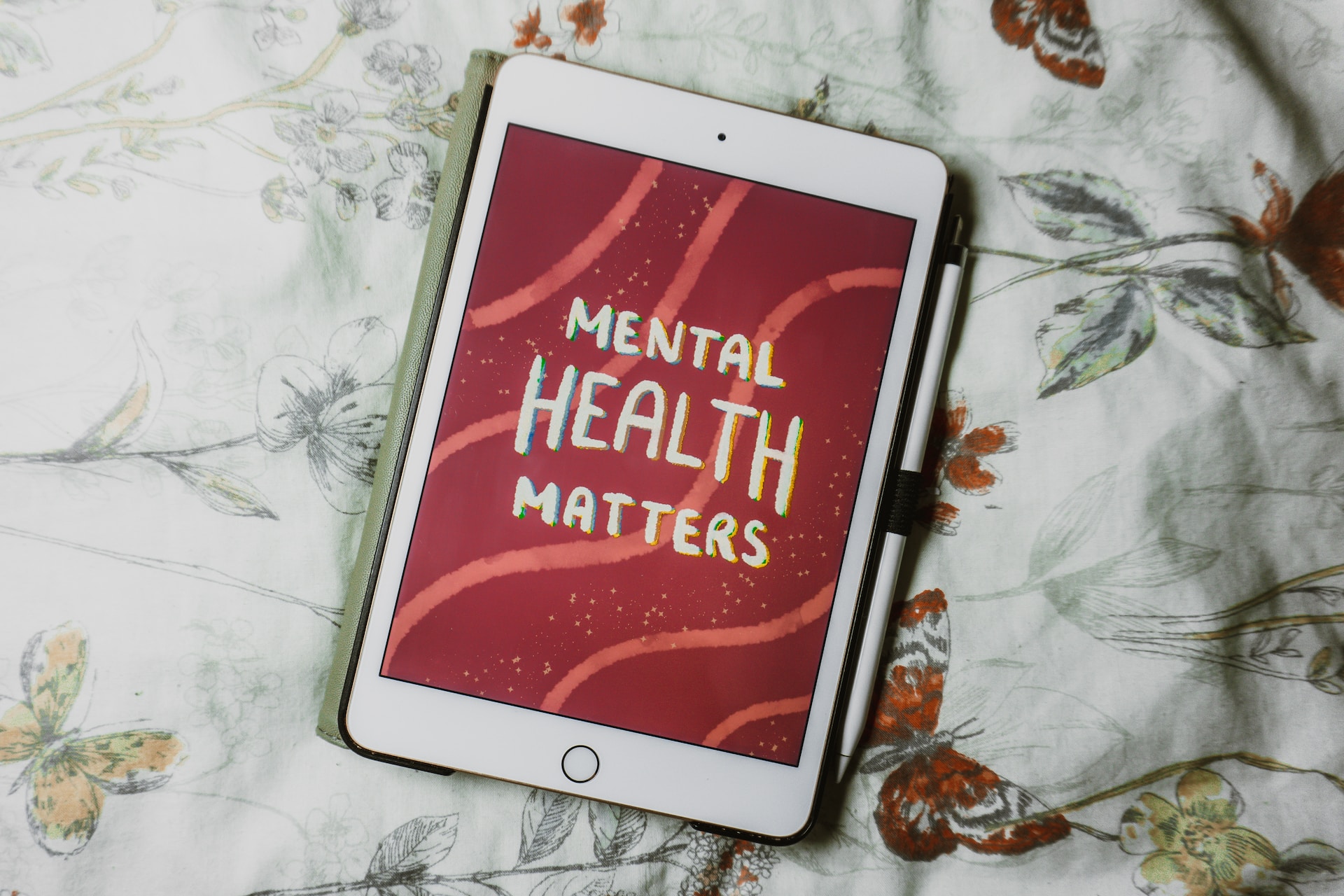As the leading cause of mental illness across the globe, depression affects tens of millions of people in the United States — and hundreds of millions of people around the world — at any given time. Depressive disorders are so common, in fact, that one in six Americans can expect to develop one at some point.
Although depression affects each person differently, the feelings of despair and disinterest it causes can have an overwhelming and damaging impact on your thoughts and behaviors. Apart from turning your daily routine into a major challenge, this mood disorder can also boost your chances of developing a myriad of co-existing mental and physical health concerns.
Here at EXIS Recovery Inc., we know that dealing with depression is all the more challenging when your symptoms are intensified by other health concerns. Fortunately, the right treatment approach can help you alleviate depression and take control of your health. Here’s what you should know.
Everybody knows what it’s like to feel down, stressed, or overwhelmed by difficult situations, but depression leaves you feeling sad, powerless, and indifferent for weeks, months, or even years at a time.
Major depression is more than a fleeting case of the “blues” or a gloomy mood you can simply “get over” at will. It’s a serious mental health disorder that affects people of all ages and from all walks of life.
While much remains to be discovered about the mechanisms of depression, experts do know that most cases are caused by two or more of the following factors:
- Genetic predisposition, or a family history of depression
- Biological conditions, including hormonal changes and chronic illness
- Environmental circumstances, such as neglect, abuse, and poverty
- Psychological strain, including chronic stress and previous trauma
Experts also know that depression can have far-reaching effects on virtually all aspects of your health.
When it comes to your mental health, relentless feelings of sadness, emptiness, hopelessness, and indifference aren’t an end unto themselves — without treatment, they can cause a cascade of related symptoms and disorders that further erode your mental health, including:
The relationship between depression and sleep disruption is so strong that sleep problems are actually considered a hallmark symptom of depression. When depression persists, however, this common symptom often evolves into a full-blown sleep disorder.
The most common sleep problem for people with depression is insomnia, including sleep onset insomnia (trouble falling asleep) and sleep maintenance insomnia (difficulty staying asleep). By some estimates, three in four depressed patients also suffer from insomnia.
About half of people who suffer from depression also have an anxiety disorder, or excessive worry that disrupts their life and prevents them from partaking in normal activities.
Much like the classic “chicken-or-the-egg” scenario, the association between depression and anxiety is complex. For some people, depression provokes anxiety, and for others, it’s anxiety that leads to depression.
Approximately 20% of people with depression, anxiety, or both develop a substance abuse disorder. Similarly, 20% of people who have a substance abuse disorder become depressed and/or develop an anxiety disorder.
Whether done it’s with alcohol, illicit drugs, or prescription medication, substance abuse can intensify depressive symptoms and create a vicious cycle of increasing distress that further impacts your quality of life.
Depression may be a mood disorder, but it’s not just a mental or emotional condition. Intense feelings of despair, apathy, guilt, or worthlessness can have a profound effect on your body.
The physical manifestations of depression include:
- Insatiable appetite or a total lack of appetite
- Uncontrolled weight gain or weight loss
- Chronic headaches and unexplained body pain
- Depleted energy levels and chronic fatigue
- Persistent gastrointestinal problems
- Low libido and diminished sexual health
Research shows that major depression is also linked to persistent inflammation, diminished immunity, and an increased risk of heart disease. Depression also tends to make matters worse for people who are already living with a chronic illness like heart disease, diabetes, or arthritis.
Depression typically gets worse without treatment, but luckily, it almost always improves with the right combination of interventions and therapies.
For many people, this includes some form of psychotherapy along with medication, lifestyle changes, restorative mind-body practices, and treatment for co-occurring mental and physical health issues. Depending on your needs, your individualized care plan may include treatment for insomnia, anxiety, emotional trauma, or substance abuse.
If you’re ready to reclaim your life and your health, the team at EXIS Recovery Inc. can help. Call our West Los Angeles office at 424-832-0848 to schedule an appointment with one of our seasoned mental health experts today.








